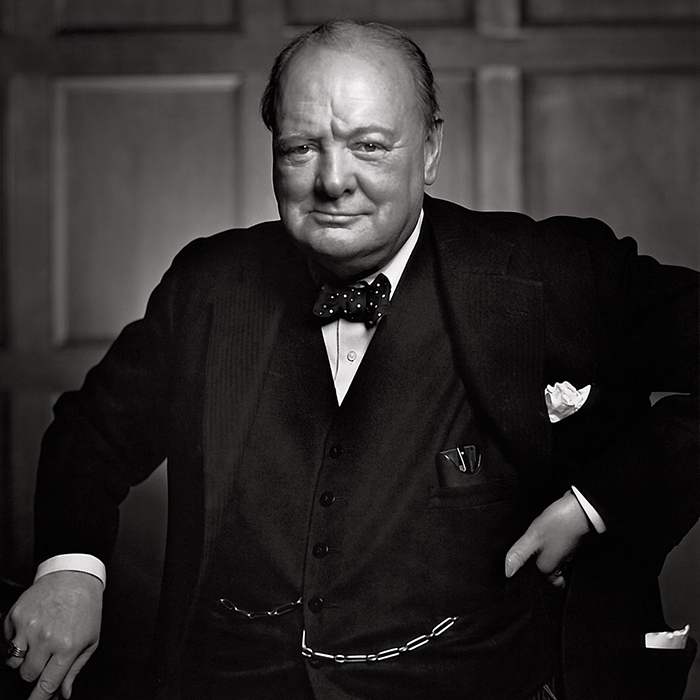If you’re a fan of sport in general, and women’s sport in particular, you will know that the FIFA Women’s World Cup is here! Just in case you’re clueless about what’s going on though, we’ve decided to help you out, courtesy of a handy beginner’s guide to the tournament from www.fusion.net.
What it is, and what has changed
Women’s World Cup number seven kicks off Saturday night [6 June] when the home team, Canada, welcomes former superpower China, who hosted the first tournament back in 1991. Back then, the viability of a women’s world championship was still an unknown, which is part of the reason why the competition was called the M&M’s Cup. The U.S. would go on to win, and come four years later, when the competition moved to Sweden, the tournament took on its real name: the FIFA Women’s World Cup.
In 1999, when the tournament moved to the U.S., the field expanded to 16 teams, a size the competition maintained until this year. Now 24 teams representing all six FIFA confederations make for the biggest and longest World Cup yet, one that serves as a middle ground between the modest, smaller fields of years’ past and the 32-team field that seems inevitable. Given the growth of the women’s game, it’s not difficult to see that full field taking place by 2023.
That growth, however, has become the underpublicized change to this year’s tournament. The bigger one: Turf. Thanks in large part to the fact that no nation other than Canada completed the bidding process (as well as a number of other factors, like venue availability, preference of the organizers, or potentially more callus reasons), the 2015 World Cup will be the first senior-level international tournament played entirely on artificial surfaces. Late last year, well after the venues had been announced, a group of famous players tried to change that, but their fight never came close to succeeding in court.
But beyond turf and tournament size, this tournament’s biggest difference is the depth and quality of the field. In previous years, a women’s soccer world divided between well-supported superpowers and growing programs gave us three, maybe four contenders and little else. Now there’s a connected hierarchy, one where the big, successful teams aren’t playing in another world.
There are a few weak teams (Thailand and Ecuador), and if you’re catching a group stage game between a tournament favorite and one that barely qualified, there’s a 50-50 chance you won’t see a competitive game. But it wasn’t so long ago that most of the competitive games were confined to the final eight. Now, as more programs have developed depth and identities, the Women’s World Cup has a parity that’s starting to resemble its better known sibling.
When (and where) does it start
The first game kicks off on Saturday in Edmonton, Alberta. In the 10 days that follow, six groups of four teams will play mini-round robin tournaments to determine the teams that reach the Round of 16. From there, it’s knockout play, with the final game taking place on July 5 in Vancouver.
Who’s in, who’s out
The same favorites that drew attention four years ago, Germany and the U.S., are in focus again this summer, only this time, France is also stealing headline space, considered a favorite on the back of an impressive victory earlier this year in Germany.
Those teams, along with fellow seeds Canada, Japan and Brazil, are spread out among the tournament’s six groups.
Group A
Canada, China, Netherlands, New Zealand
Start: June 6
Favorites to advance: Canada and the Netherlands, though this is the tournament’s most competitive group, one-to-four. Third place will almost certainly advance to the knockout round.
Group B
Germany, Ivory Coast, Norway, Thailand
Start: June 7
Favorites: Germany and Norway, with expected lopsided goal differences meaning neither of the other two are likely to advance.
Group C
Cameroon, Ecuador, Japan, Switzerland
Start: June 8
Favorites: Japan, Switzerland, with Cameroon a long shot to advance.
Group D
Australia, Nigeria, Sweden, United States
Start: June 8
Favorites: The U.S., then Sweden, with Australia likely to reach the knockout round.
Group E
Brazil, Costa Rica, South Korea, Spain
Start: June 9
Favorites: Brazil and Spain, with South Korea a strong bet to play a fourth game.
Group F
Colombia, England, France, Mexico
Start: June 9
Favorites: France, then England, with Mexico likely to go through if it can beat Colombia.
For the full beginner’s guide and other guides to the Women’s World Cup, click here.










